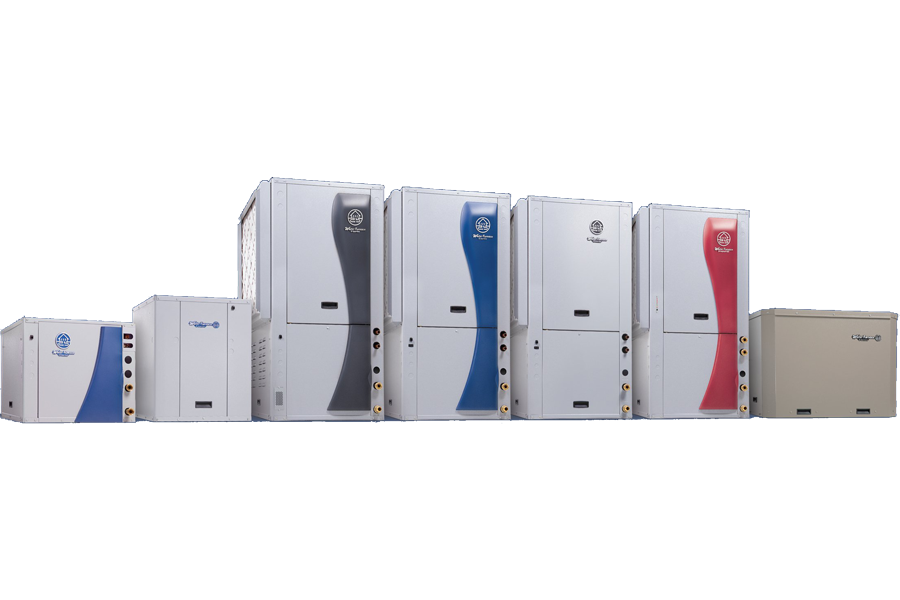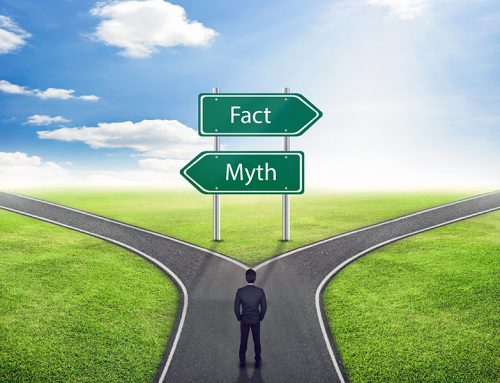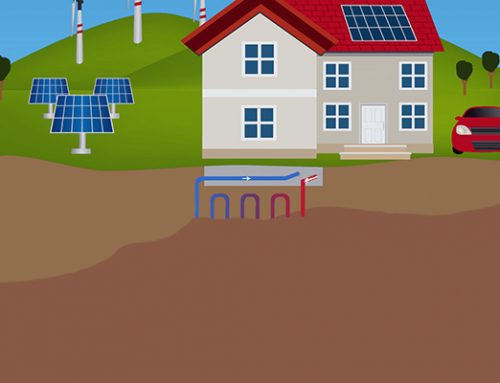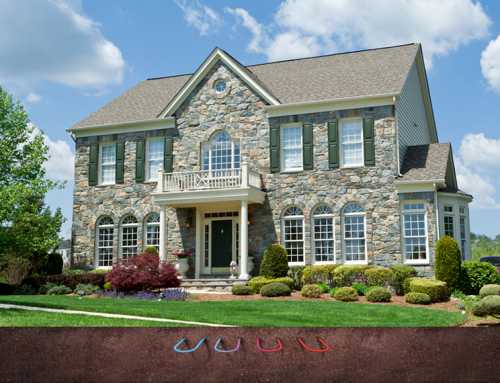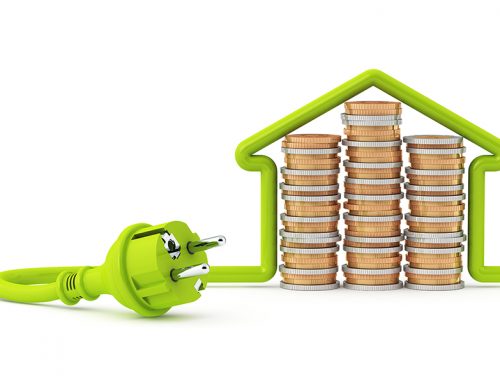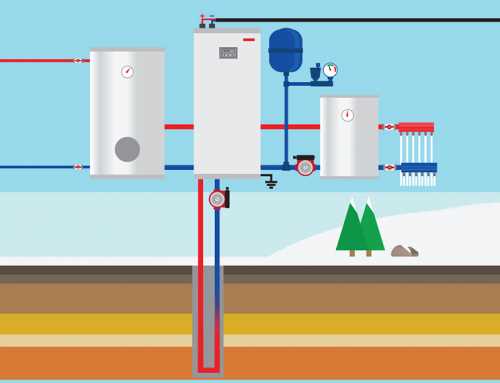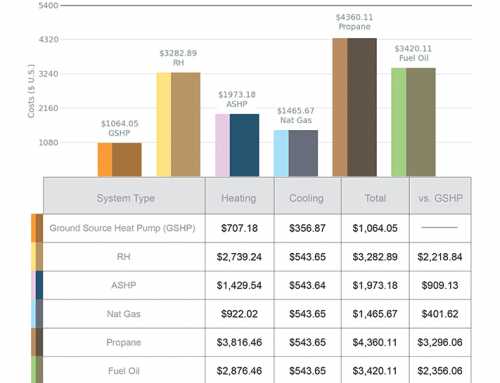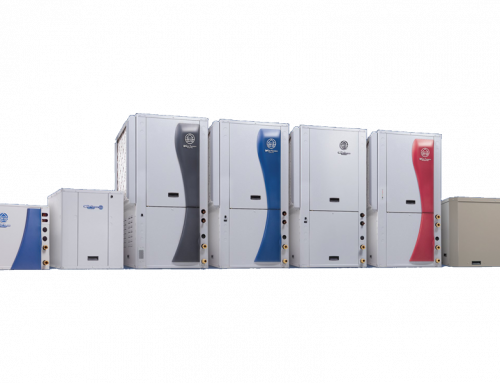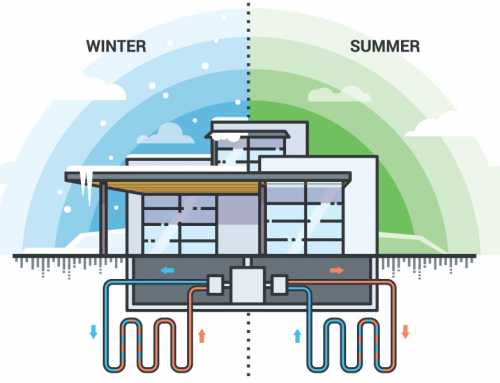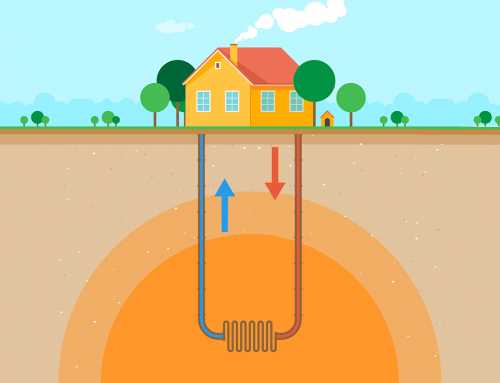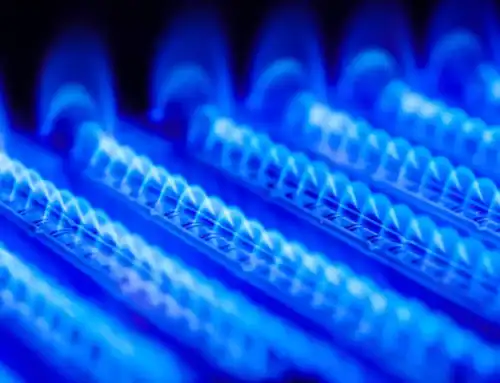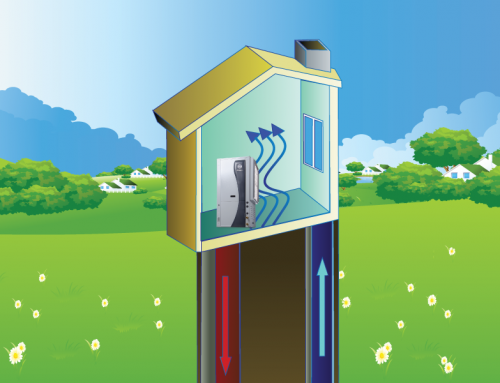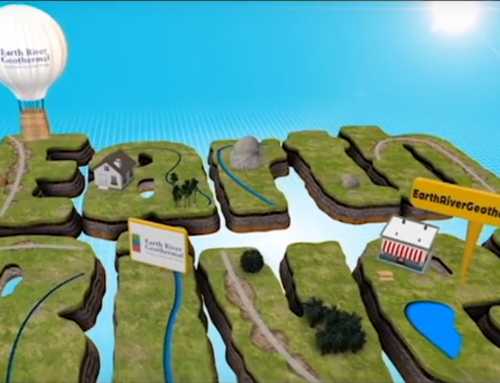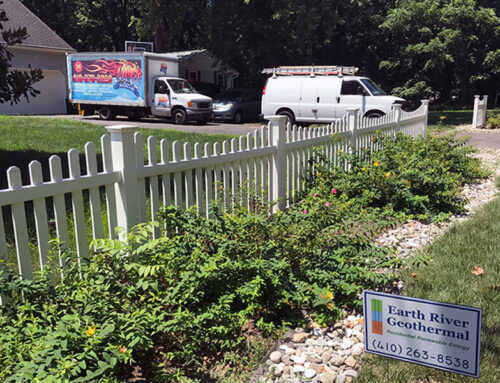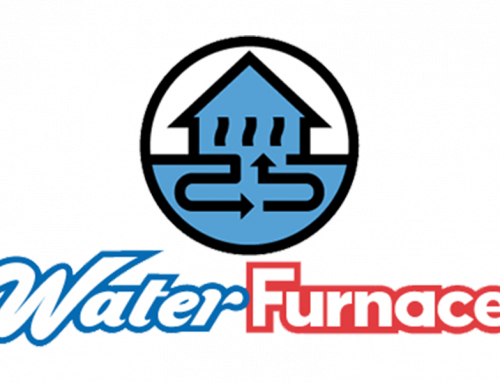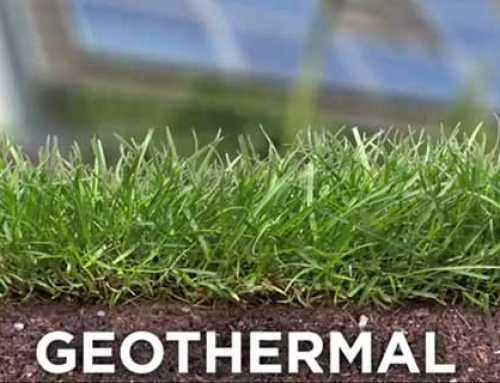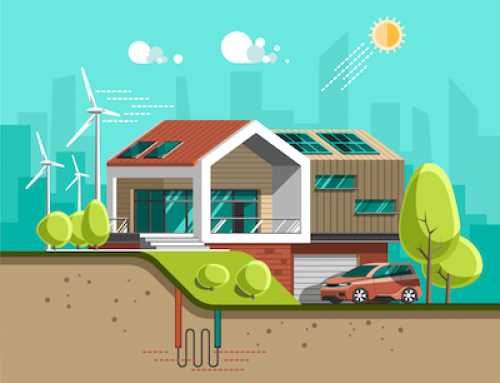Outside of purchasing a home, the most challenging investment an individual can make in a building is a geothermal heating and cooling system. Therefore, before one dives straight into the deep end, knowing the pros of cons of it is a sound decision. This short piece will touch upon some of the major advantages and disadvantages of a geothermal heat pumps. But first, let us understand what these systems are.
Think of the center of the Earth like a fireplace which continually burns. This fireplace heats its ‘enclosure’ constantly. Hence, when you dig under the surface of the earth and reach a certain depth, the temperature will always be around 50 degrees. It might be chilly winters according to the air temperature, but the underground temperature eternally remains a balmy 50. A geothermal system uses a series of ducts and pumps to push this heat into a home or building. It works in the reverse direction during summers where it draws heat from inside a house and sends it underground.
So, how does a geothermal pump put typical air conditioning systems to shame? First and foremost, it does not use fossil fuels and thus is exceptionally environment-friendly. This brings us to the second benefit of geothermal pumps. There is no requirement of expensive fuel to heat or cool the house. Because they don’t depend on a non-renewable source of energy, they are economically efficient and can reduce your power bills by up to 70%.
Another plus point of these systems is noise reduction. Unlike conventional heating/cooling systems, there are no fans, burners or compressors used in a geothermal pump which means the sound emissions are majorly reduced. For comparison, a geothermal pump is as loud as a refrigerator installed in a home. One last factor that works as a pro for geothermal pump is their shelf-life. The loop system of the pump that is buried underground has an age of 50 years, while the other components can last for over twenty-five years.
When there are so many aspects that lean heavily towards installing geothermal pumps, why then are they not being extensively used? To put it simply, installing them is expensive. The equipment, along with its installation requires a high initial financial investment because a thorough understanding of both the underground heat movement as well as the heating and cooling specifications of the building are needed. This can only be done by an expert. Another con of geothermal pumps is the lack of awareness on the part of the consumer. Additionally, those who do know about the technology lack confidence in it.
What most people fail to comprehend is that in the long run, geothermal heating and cooling systems are far, far cheaper. It is a nod to the environment, through decreased carbon footprints, that makes them an essential part of any home. Yes, there is much to be considered. However, if you have a house that has the correct site characteristics for installation and the budget, then opting for a geothermal pump is a decision that you will not regret. We, as people, must stop being so insensitive to our collective contribution to anthropogenic climate change and opt for more sustainable practices such as this.

